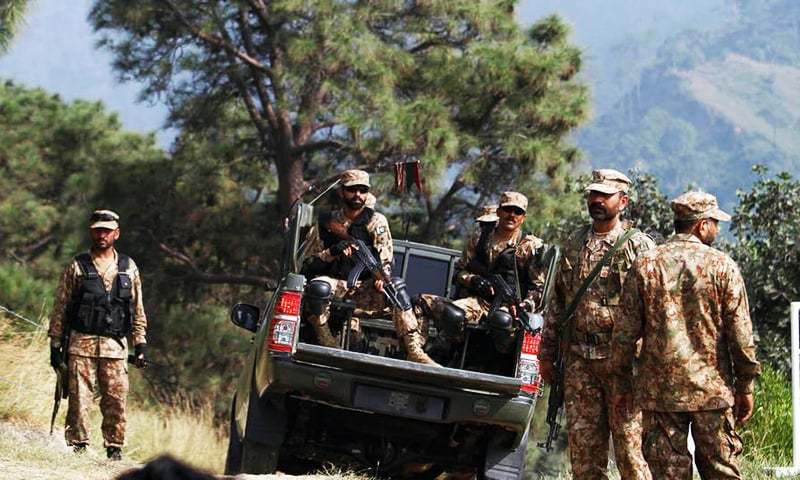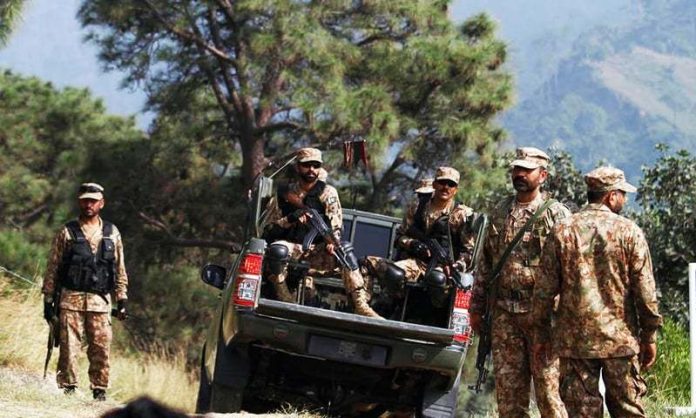
Pakistan raised concerns on Wednesday, April 30, claiming that India is preparing for an imminent military strike, citing “credible intelligence.” Islamabad warned that any aggression would be met with a strong response, escalating tensions between the nuclear-armed neighbors after a deadly attack on civilians in Kashmir.
The alarm comes amidst growing fears of renewed conflict following Indian accusations that Pakistan was behind the shooting of tourists in Pahalgam, Indian-administered Kashmir — the deadliest such incident in the region in 25 years.
The Pakistani government vehemently denied any involvement in the attack. Information Minister Attaullah Tarar suggested that India is using the incident as a pretext for military action and warned that a strike could happen within 24 to 36 hours. Pakistan’s Foreign Minister Ishaq Dar emphasized that while the country would retaliate if provoked, it would not initiate hostilities.
While India has yet to confirm Pakistan’s claims, it has signaled a tougher stance. A senior government source revealed that Prime Minister Narendra Modi has granted the military full operational freedom to respond to the attack. Modi previously pledged to hold those responsible, and their supporters, accountable, vowing to “pursue them to the ends of the Earth.”
Kashmir, a disputed region claimed by both India and Pakistan, remains a flashpoint for the two nations. Military tensions are rising along the Line of Control (LoC), with reports of six consecutive nights of cross-border fire. A Pakistani security official also reported the downing of two Indian drones that allegedly violated Pakistani airspace near the LoC.
Residents on both sides of the border are bracing for potential conflict. In Chakothi, a village in Pakistan-administered Kashmir, locals are preparing underground bunkers, fearing airstrikes.
“We are cleaning the bunker to ensure that if the enemy attacks, we’re ready,” said Muhammad Javed, a local resident.
The international community has expressed increasing concern. UN Secretary-General António Guterres held separate calls with Pakistani Prime Minister Shehbaz Sharif and Indian Foreign Minister Subrahmanyam Jaishankar, offering to mediate and help de-escalate the situation.
The US State Department also announced that top diplomat Marco Rubio would soon reach out to both countries, urging restraint.
Meanwhile, Indian authorities continue their investigation into the Pahalgam attack. Police have issued wanted posters for three suspects—two Pakistanis and an Indian—linked to Lashkar-e-Taiba, a Pakistan-based group designated as a terrorist organization by the UN. A bounty of two million rupees has been offered for information leading to their arrest, with security forces conducting widespread detentions.
As military activity and rhetoric intensify, the growing tension is reminiscent of the 2019 Pulwama attack, in which a suicide bombing killed 40 Indian paramilitary personnel.
In response, India launched airstrikes on Pakistani territory, bringing the two countries to the brink of war. With the situation escalating once again, fears of further conflict are mounting.

 Mzansi xxx
Mzansi xxx
